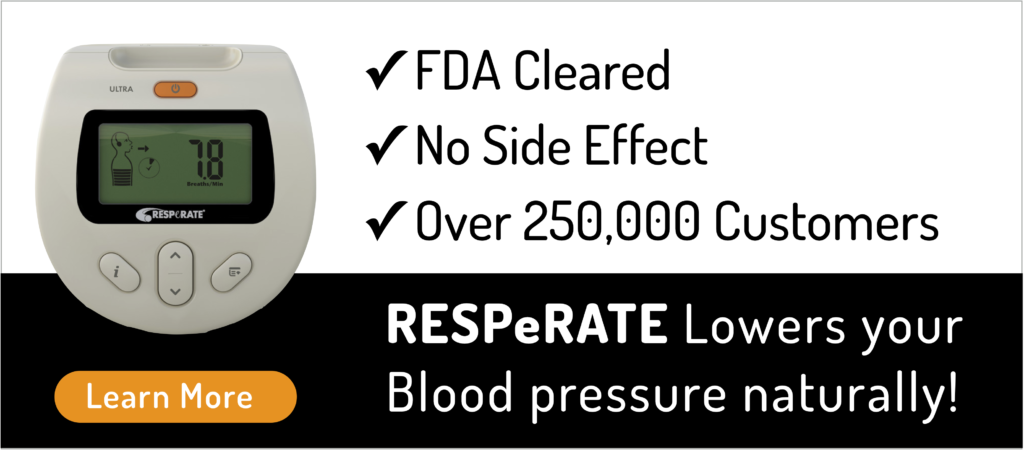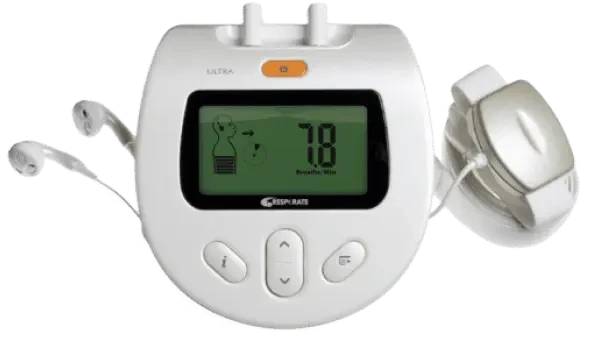Dr. Berg talks about the symptoms of high cortisol versus low cortisol. Your adrenals might start out with high cortisol due to stress, then trigger the cell receptors to downgrade and develop cortisol receptor resistance or glucocorticoid receptor resistance. This makes the adrenal make more cortisol. This could lead to chronic fatigue, chronic inflammation, low-stress tolerance, high blood pressure, blood sugar problems, high cholesterol, and belly fat.
Cortisol is a steroid hormone, one of the glucocorticoids, made in the cortex of the adrenal glands and then released into the blood. Blood transports it all around the body. Almost every cell contains receptors for cortisol and so cortisol can have lots of different actions depending on which sort of cells it is acting upon.
These effects include controlling the body’s blood sugar levels and thus regulating metabolism, acting as an anti-inflammatory, influencing memory formation, controlling salt and water balance, influencing blood pressure and helping the development of the fetus. In many species, cortisol is also responsible for triggering the processes involved in giving birth.
The Effects of To Much Cortisol
Too much cortisol over a prolonged period of time can lead to a condition called Cushing’s syndrome. This can be caused by a wide range of factors, such as a tumor that produces adrenocorticotropic hormone (and therefore increases cortisol secretion), or taking certain types of drugs.
The symptoms include:
- Rapid weight gain mainly in the face, chest, and abdomen contrasted with slender arms and legs.
- A flushed and round face
- High blood pressure
- Osteoporosis
- Skin changes (bruises and purple stretch marks)
- Muscle weakness
- Mood swings, which show as anxiety, depression or irritability
- Increased thirst and frequency of urination.
High cortisol levels over a prolonged time can also cause a lack of sex drive and, in women, periods can become irregular, less frequent or stop altogether (amenorrhoea).
In addition, there has been a long-standing association between raised or impaired regulation of cortisol levels and a number of psychiatric conditions such as anxiety and depression. However, the significance of this is not yet clearly understood.

 Eli Ben-Yehuda
Eli Ben-Yehuda 












 Download Brochure
Download Brochure
Comments